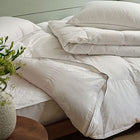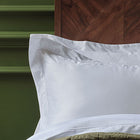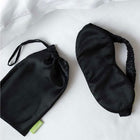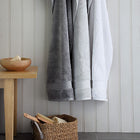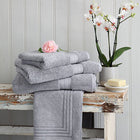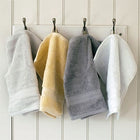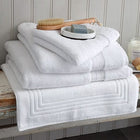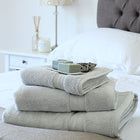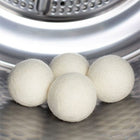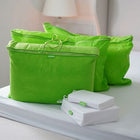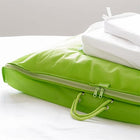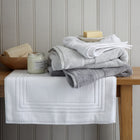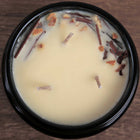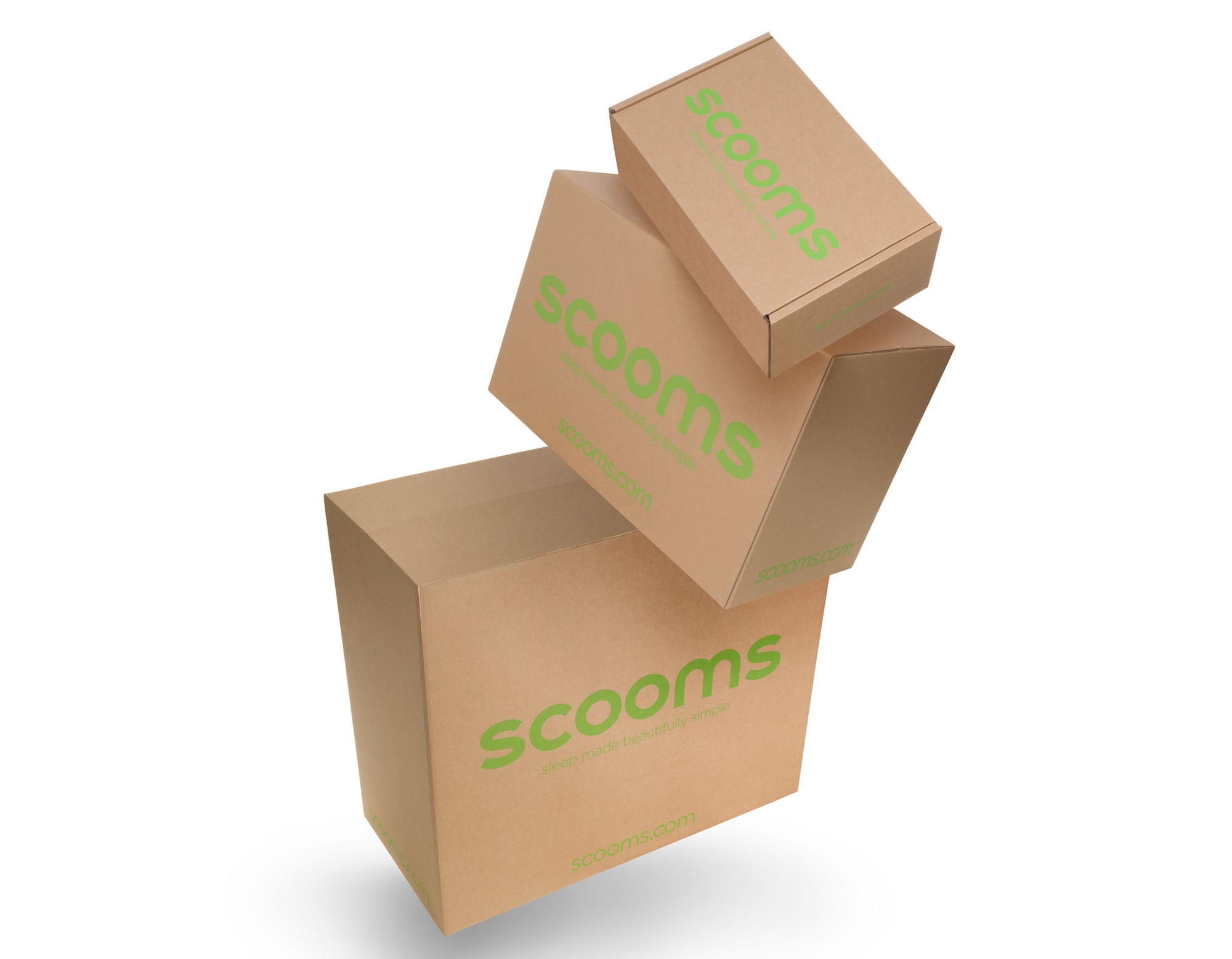
How to go plastic free - 14 top tips
We’re pleased here at Scooms that our products and delivery process are plastic free. Disposable plastic items are however so common in our lives that it’s really easy not to notice them. A growing awareness of the amount of plastic in our seas has given many of us the desire to reduce plastic waste, but just how do we go about it?
Find out how Scooms set out to be plastic free and read our top tips on how you can reduce your own use of plastic:
-
How Scooms is plastic free
- Give up bottled water
- Carry reusable shopping bags
- Reuse plastic bags
- Buy loose fruit and veg
- Go back to glass milk bottles
- Cut out frozen convenience foods
- Ditch the cling film
- Skip the plastic straws
- ‘Conscious’ coffee and tea
- Reusable cups
- Cleaning up
- Buy in bulk
- Shop in your local farmers market
How Scooms set out to be plastic free
When we launched Scooms, we decided to use recyclable cardboard boxes, like many companies. But we also didn’t want to use plastic wrapping on our products inside the boxes. Plastic in a way has become a word associated with irresponsibility. Sometimes there’s no option, but we knew that there had to be a better way for Scooms.
We source the very best luxurious but also natural and sustainable materials for our luxury duvets, pillows, bed linen and Egyptian cotton towels. To then ruin all that good work by wrapping our products in plastic just didn't seem good enough for us or our customers. We thought why not use eco friendly material for the inner packaging too and get rid of any nasty plastic? So that’s what we’ve done. All our duvets, pillows and bed linen arrive inside their own lovely reusable material bag. Our towels are wrapped in a cotton ribbon. And Scooms customers seem delighted with our focus on responsible sustainability.
Top tips for going plastic free:
So, how can you help to reduce plastic pollution yourself each day. Read our top tips!
Give up bottled water - use a reusable water bottle and remember to fill it up before you leave the house. Super cost effective too! Many places will fill it up for you for free too.
Carry reusable shopping bags - it’s easy to roll up a material or net bag and keep it in your handbag. And keep those bags for life in your car when you head to the shops. Not only do you help save the environment but 5p a time on a plastic bag can soon add up!
Reuse plastic bags - if you do end up with plastic bags, then try to recycle or reuse them. Ocado, for example, will collect your plastic bags when they deliver your next order and then pay you 5p per bag that you return. Or if you can't recycle them, reuse plastic bags yourself as small bin liners or to contain your sports shoes. You can probably come up with several ways to prevent plastic bags from being used once and then thrown away!
Buy loose fruit and veg - take your own reusable bags with you. With the added bonus of cutting down on food waste by allowing you to buy the amount you need.
Go back to glass milk bottles - get it delivered and then pop the clean empty bottles on the doorstep to be picked up with the next delivery. Very convenient! Milk&More as the name suggests deliver all sorts of things including milk in glass bottles, eggs and bread.
Cut out frozen convenience foods - convenience foods generally come in excessive amounts of packaging. Often wrapped in plastic and packaged in cardboard which can also be lined with plastic. Instead, why not cook more? Make extra food when you cook so you have some leftover for the nights when you just don't feel like cooking. Healthier, cheaper and probably tastier than a ready meal!
Ditch the cling film - cover food the old fashioned way with a plate or use the Tupperware you probably have lurking in the back of a cupboard. Think of investing in a set of food storage containers that you can use for a wide range of uses.
Skip plastic straws - just say no or carry your own alternative made from paper, glass, stainless steel or bamboo.
‘Conscious’ coffee and tea - capsules and pods are often not recyclable and some tea bags contain plastic, so going back to loose coffee and tea is the responsible way to go. ‘Buy less but buy fresh’ is becoming more popular as many of us go back to using a cafetiere or French press, grind our own beans or make our own cold-brew coffee at home.
Reusable cups - don’t forget your reusable coffee cup if you’re planning to pick up a coffee on the way to work. Pret will give you 50p discount if you do. Ecoffeecup have an attractive range of natural, sustainable bamboo fibre cups.
Cleaning up - Instead of throwing away sponges and scrubbers on a weekly basis, swap to machine washable options and save some pennies too! Silicon scrubbers are cost effective and also more hygienic. Scientific Report conducted a study of kitchen sponges in 2017 and found them to be ‘microbiological hotspots’. Yuck! Amazon sell KoTop dish scrubbers and Kuhn Rikon Stay Clean Scrubbers. Save Some Green have biodegradable Safix coconut fibre wash pads, which are kind to both pans and hands.
Buy in bulk - Reduces packaging waste and helps the household budget if you have the space. Get your rice from an Asian supermarket and your nuts from Suma Wholesale. And keep an eye on bulk purchases of long lasting items from your local supermarket. I buy large bulk sized bottles of laundry detergent and washing up liquid and refill my bottles using a funnel. Saves some pennies too!
Shop in your local farmers market - take your own bags and food containers. See, taste and choose the food you like in the quantities you want. A fun, sociable way to shop!
